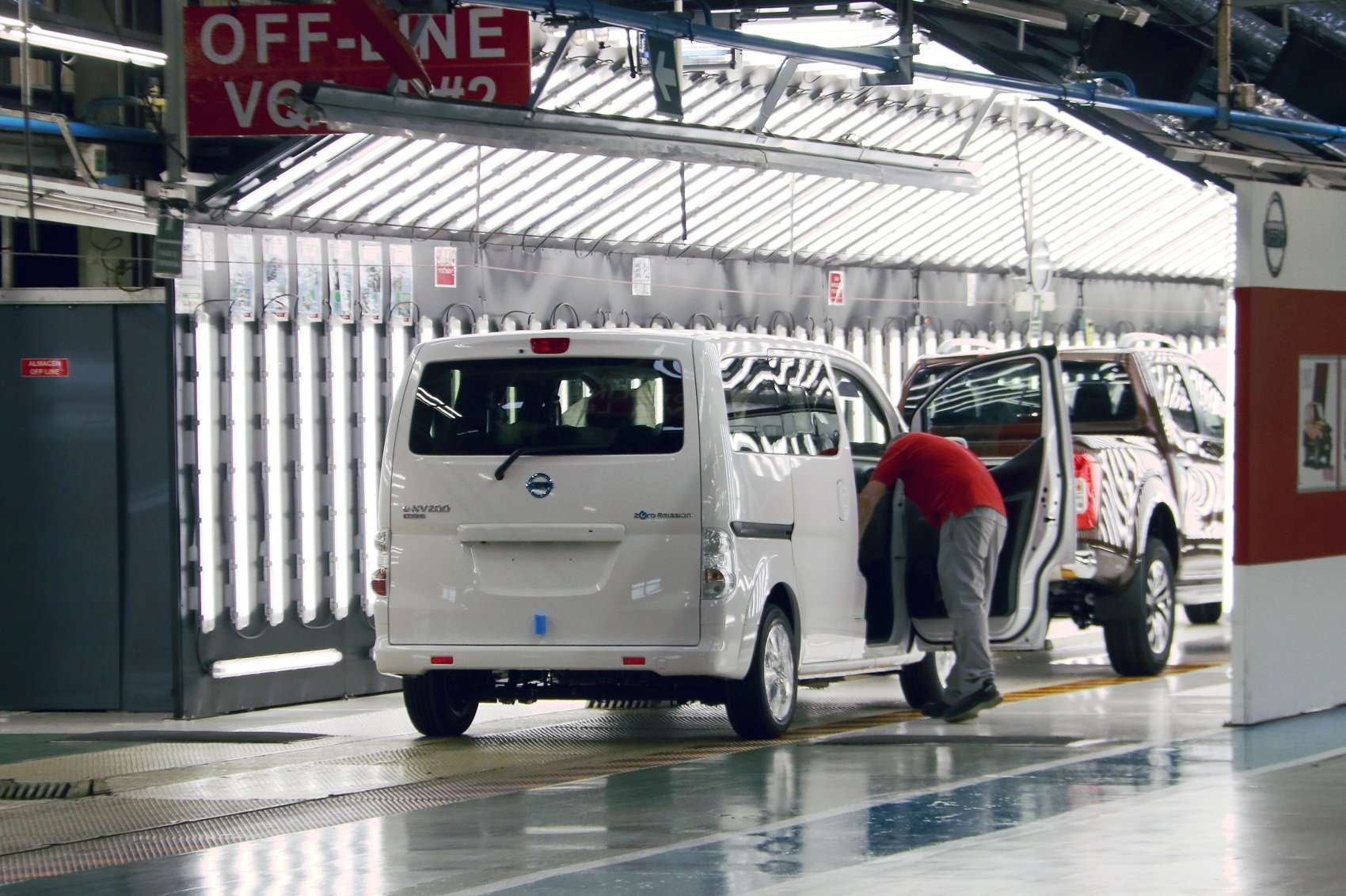After months of rumours and worker campaigns, Nissan has finally decided to close its plant in Barcelona's Zona Franca and move production to factories of its partner Renault, the Japanese newspaper Nikkei reported on Thursday, although the company has not yet officially confirmed it. The move is part of a restructuring plan to deal with the fall in sales caused by the coronavirus pandemic, which arrives on top of years of declining profits: before the health crisis, the sector was already far from its former economic heights.
In fact, the employees of the Japanese automotive manufacturer in Catalonia had been on indefinite strike since May 4th to protest the threat of closure at the Barcelona plant, which has been hanging over the factory, especially since the company announced it was studying the continued viability of its facilities at the beginning of 2020. Now, the works council is to meet the Catalan labour ministry on Friday to address the dispute.
Nevertheless, the Catalan enterprise and knowledge ministry, responsible for conducting negotiations with the Japanese company, say that it is not officially aware of this decision. "We spoke to Nissan just 48 hours ago and they told us that they would make a decision at the end of May when they could assess the overall picture," not just in Catalonia, but globally, given the coronavirus crisis, Catalan government sources told ElNacional.cat. Enterprise and knowledge minister Àngels Chacón has called for Nissan to provide "loyalty and clarity" in the face of the current situation and the reports in the Japanese media.
The Nikkei news story arrives after months of leaks affirming that the Renault-Nissan-Mitsubishi alliance is being forced to reorganize, and that the Japanese firm will take advantage of the coronavirus crisis to reduce its presence in Europe and retreat to Japan, China and the United States. According to the Japanese media, Nissan could reduce its production capacity by 20% over approximately the next three years. On 28th May, the multinational will present its 2019 and early 2020 results.
Thousands of jobs at risk
If the Barcelona plant closes, more than 3,000 direct and 20,000 indirect jobs would be at risk, according to the unions. Nissan resumed activity in the Zona Franca on May 4th in order to complete an order for more than 1,000 pick-up vehicles it was due to ship in late May. Two days later, production had to be halted due to supply problems caused by an indefinite strike of workers, concentrated in the printing centre at nearby Montcada i Reixac.
Initially, the car maker decided to give paid leave to all the workers affected by the lack of parts, but ended up opting to include the 900 workers on its second production line in the temporary layoff scheme (ERTO) on the grounds of force majeure. The unions have filed a lawsuit against the multinational because they believe the move "violates the right to strike."
Before the shutdown caused by the epidemic, the factory in the Zona Franca, on the south side of Barcelona city, was working at 30% of its capacity. During the last quarter, the company lost the production of one vehicle model, the Mercedes X-Class pickup, and reduced production of the e-NV200 van. Nissan's European management assured that the report on the viability of the company would not be made public before the summer. Meanwhile, workers began a series of protests to demand production of new models that would allow the plant to be saved, and their campaigns were interrupted by the pandemic.
Incalculable magnitude
"It's a huge disaster. The closure of the Nissan plant will be a problem of incalculable magnitude, which also combines with a situation of serious crisis due to the coronavirus," Jaume Roura, president of Catalan car dealers association Fecavem, and of the automotive sector employers association, told ElNacional.cat.
Roura's count of the jobs that could be lost is a multiple of the basic figure of 3,000 jobs which will be lost directly. Indirect jobs generated by the plant means that up to 25,000 jobs could be put at risk, he says.
Asked what he thinks the government can do about this, Roura replied that "they have to do all they can and more to ensure that this closure can be covered with an alternative, or else this will be very difficult to overcome".

